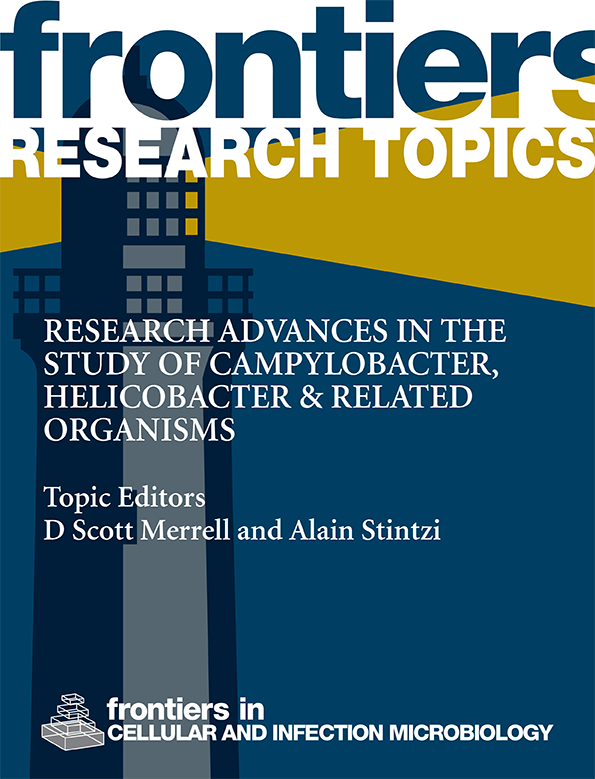Circadian regulation of dengue virus transmission and replication: insights into vector activity and viral dynamics.
IF 4.6
2区 医学
Q2 IMMUNOLOGY
Frontiers in Cellular and Infection Microbiology
Pub Date : 2024-09-30
eCollection Date: 2024-01-01
DOI:10.3389/fcimb.2024.1482042
引用次数: 0
Abstract
Dengue fever, caused by dengue virus, poses a significant global health challenge, particularly in tropical regions where Aedes aegypti serves as the primary vector. The circadian clock in Aedes aegypti governs key behavioral and physiological processes, including activity patterns, feeding behaviors, and susceptibility to dengue virus infection. This article explores the influence of circadian rhythms on the mosquito's ability to transmit dengue virus, emphasizing how the circadian regulation of gene expression, immune responses, and lipid metabolism in the mosquito vector creates temporal windows that affect viral replication efficiency.
登革热病毒传播和复制的昼夜节律调控:对病媒活动和病毒动态的认识。
由登革热病毒引起的登革热对全球健康构成重大挑战,尤其是在埃及伊蚊作为主要病媒的热带地区。埃及伊蚊的昼夜节律控制着关键的行为和生理过程,包括活动模式、摄食行为和对登革热病毒感染的易感性。本文探讨了昼夜节律对蚊子传播登革热病毒能力的影响,强调了蚊媒的基因表达、免疫反应和脂质代谢的昼夜节律调节如何产生影响病毒复制效率的时间窗口。
本文章由计算机程序翻译,如有差异,请以英文原文为准。
求助全文
约1分钟内获得全文
求助全文
来源期刊

Frontiers in Cellular and Infection Microbiology
IMMUNOLOGY-MICROBIOLOGY
CiteScore
7.90
自引率
7.00%
发文量
1817
审稿时长
14 weeks
期刊介绍:
Frontiers in Cellular and Infection Microbiology is a leading specialty journal, publishing rigorously peer-reviewed research across all pathogenic microorganisms and their interaction with their hosts. Chief Editor Yousef Abu Kwaik, University of Louisville is supported by an outstanding Editorial Board of international experts. This multidisciplinary open-access journal is at the forefront of disseminating and communicating scientific knowledge and impactful discoveries to researchers, academics, clinicians and the public worldwide.
Frontiers in Cellular and Infection Microbiology includes research on bacteria, fungi, parasites, viruses, endosymbionts, prions and all microbial pathogens as well as the microbiota and its effect on health and disease in various hosts. The research approaches include molecular microbiology, cellular microbiology, gene regulation, proteomics, signal transduction, pathogenic evolution, genomics, structural biology, and virulence factors as well as model hosts. Areas of research to counteract infectious agents by the host include the host innate and adaptive immune responses as well as metabolic restrictions to various pathogenic microorganisms, vaccine design and development against various pathogenic microorganisms, and the mechanisms of antibiotic resistance and its countermeasures.
 求助内容:
求助内容: 应助结果提醒方式:
应助结果提醒方式:


